Filter by
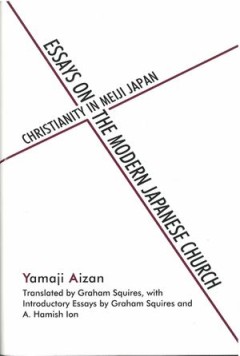
Essays on the Modern Japanese Church: Christianity in Meiji Japan
Essays on the Modern Japanese Church (Gendai Nihon kyokai shiron), published in 1906, was the first Japanese-language history of Christianity in Meiji Japan. Yamaji Aizan’s firsthand account describes the reintroduction of Christianity to Japan—its development, rapid expansion, and decline—and its place in the social, political, and intellectual life of the Meiji period. Yamaji’s overal…
- Edition
- -
- ISBN/ISSN
- 9780472901913
- Collation
- -
- Series Title
- -
- Call Number
- 808.84 YAM e
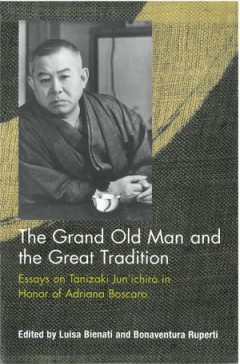
The Grand Old Man and the Great Tradition : Essays on Tanizaki Jun’ichiro i…
In 1995, on the thirtieth anniversary of Tanizaki Jun’ichiro’s death, Adriana Boscaro organized an international conference in Venice that had an unusally lasting effect on the study of this major Japanese novelist. Thanks to Boscaro’s energetic commitment, Venice became a center for Tanizaki studies that produced two volumes of conference proceedings now considered foundational for all s…
- Edition
- -
- ISBN/ISSN
- 9780472901616
- Collation
- -
- Series Title
- -
- Call Number
- 895.634 4 GRA
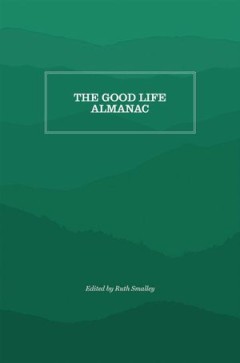
The Good Life Almanac
Published in 1975, this is an almanac of stories gathered from the Solway, Tennessee community as a microcosm of the Appalachian region during a period of transition. Written to showcase the stories and folklore passed on in the mountains, the tales chosen are typical of the nineteenth century. Stories talk about the dependence on water transportation, the excitement of the coming railroad, the…
- Edition
- -
- ISBN/ISSN
- 9781469638423
- Collation
- -
- Series Title
- -
- Call Number
- 808.84 SMA g
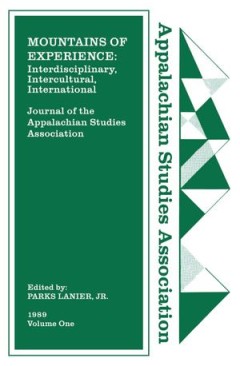
Mountains of Experience: Interdisciplinary, Intercultural, International - Vo…
This volume of the Journal of Appalachian Studies Association includes contributions from various disciplines by Parks Lanier, Jr.; Marilou Awiakta; C. Clifford Boyd, Jr.; Ricky L. Cox; Betty Smith; James E. Byer; Edgar H. Thompson; Teresa Wheeling; Paul J. Weingartner, Dwight Billings, and Kathleen M. Blee; Nelda Knelson Daley; Roberta McKenzie; Barry Elledge; Benita J. Howell; Rodger Cunningh…
- Edition
- -
- ISBN/ISSN
- 9781469637044
- Collation
- -
- Series Title
- -
- Call Number
- 808.84 LAN m
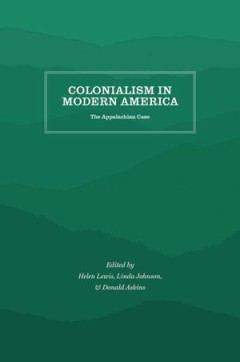
Colonialism in Modern America: The Appalachian Case
Colonialism in Modern America is a series of essays exploring the economic and social problems of the region within the context of colonialism. It is a relatively simple task to document the social ills and the environmental ravage that beset the people and land of Appalachia. However, it is far more difficult and problematic to uncover the causes of these tragic conditions.
- Edition
- -
- ISBN/ISSN
- 9781469642062
- Collation
- -
- Series Title
- -
- Call Number
- 808.84 LEW c
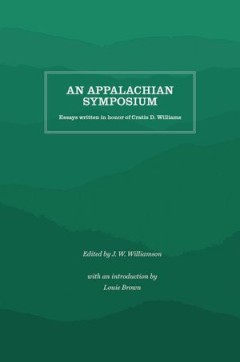
An Appalachian Symposium: Essays Written in Honor of Cratis D. Williams
Published in 1977, this collection of essays was published to honor Cratis D. Williams upon his retirement from Appalachian State University. Williams was an influential scholar, folklorist, teacher, and administrator who spent much of his career focused on the Appalachian region. Edited by J. W. Williamson, contributors to the volume are Louie Brown, Ronald J. Eller, Alan J. Crain, Stephen Fis…
- Edition
- -
- ISBN/ISSN
- 9781469638447
- Collation
- -
- Series Title
- -
- Call Number
- 808.84 WIL a
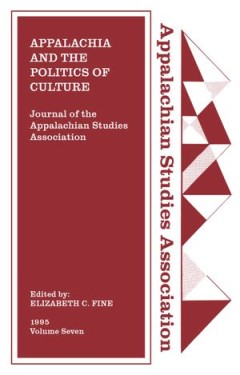
Appalachia and the Politics of Culture: Volume Seven
This volume of the Journal of the Appalachian Studies Association includes fifteen essays that represent the interdisciplinary nature of Appalachian Studies and the broad range of interests within the Appalachian Studies Association. They also represent a maturing of the field that is engaging itself in a critique not only of the political forces affecting the region, but of its own role as pol…
- Edition
- -
- ISBN/ISSN
- 9781469636955
- Collation
- -
- Series Title
- -
- Call Number
- 808.84 FIN a
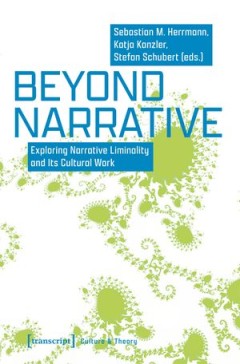
Beyond Narrative : Exploring Narrative Liminality and Its Cultural Work
This book calls for an investigation of the ›borderlands of narrativity‹ — the complex and culturally productive area where the symbolic form of narrative meets other symbolic logics, such as data(base), play, spectacle, or ritual. It opens up a conversation about the ›beyond‹ of narrative, about the myriad constellations in which narrativity interlaces with, rubs against, or morphs i…
- Edition
- -
- ISBN/ISSN
- 978-3-8394-6130-3
- Collation
- -
- Series Title
- Culture & theory volume 268
- Call Number
- 808.802 3 BEY
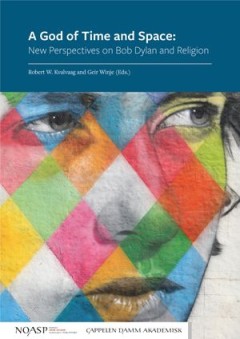
A God of Time and Space
"This book is a collection of essays on Bob Dylan and religion. The eight scientific essays present new perspectives on the subject, aiming to elucidate the role played by religion in Bob Dylan’s artistic output and in the reception history of some of his songs. Few would dispute the fact that religion or religious traditions and the use of religious imagery have always played an important ro…
- Edition
- -
- ISBN/ISSN
- 9788202616540
- Collation
- -
- Series Title
- -
- Call Number
- 808.84 GOD g

Colonialism in Modern America; The Appalachian Case
Colonialism in Modern America is a series of essays exploring the economic and social problems of the region within the context of colonialism. It is a relatively simple task to document the social ills and the environmental ravage that beset the people and land of Appalachia. However, it is far more difficult and problematic to uncover the causes of these tragic conditions.
- Edition
- -
- ISBN/ISSN
- 9781469642062
- Collation
- -
- Series Title
- -
- Call Number
- 824 LEW c
 Computer Science, Information & General Works
Computer Science, Information & General Works  Philosophy & Psychology
Philosophy & Psychology  Religion
Religion  Social Sciences
Social Sciences  Language
Language  Pure Science
Pure Science  Applied Sciences
Applied Sciences  Art & Recreation
Art & Recreation  Literature
Literature  History & Geography
History & Geography